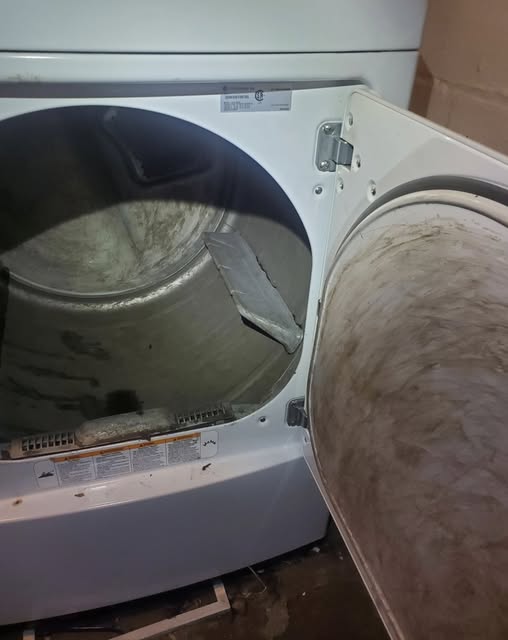If you’re like most people, tossing everything into the washing machine seems like the easiest way to get cleaning done. Clothes, towels, sheets, pet beds—you name it, it goes into the washer. I used to do the same, without giving it much thought. But after learning more about how certain items can cause long-term damage to your machine, I’ve started to become more selective. One item that’s now firmly on my “don’t wash at home” list? Bath mats.

Bath mats are designed to soak up water, and they do that job extremely well. Every time you step out of the shower or bath, that mat is working overtime to keep water off your floors. But that same water-absorbing quality is exactly what makes them a risk in your home washing machine. When a bath mat becomes saturated, it gets really heavy—much heavier than it seems when it’s dry. And that weight puts serious strain on your washer’s internal components.
According to experts at Family Handyman, any water-logged item—whether it’s a bath mat, a duvet, a sleeping bag, or a dog bed—can do real damage to your washing machine. Specifically, these items can stress the spin basket bearing and potentially burn out the drain motor. If those components get damaged, repairs can be expensive. In fact, depending on the severity of the issue, it might make more financial sense to replace the entire machine than to fix it. That’s a costly mistake for simply trying to clean something you didn’t realize was too heavy.
If you’ve already washed these kinds of items at home in the past, you may be wondering whether your machine has sustained any damage. There’s an easy way to check. Look at the space between the washer’s plastic tub and the metal spin basket. If there’s more than 1/8 inch of space, it could be a sign of wear or imbalance. You can also try spinning the basket by hand—if you hear loud thumping or clunking noises, that’s another red flag. Those sounds often mean the machine is off-balance or that internal parts are beginning to fail.
While it might seem like a hassle to take your bath mats and other bulky items elsewhere, it’s a lot more convenient—and far cheaper—than dealing with a broken washer. Laundromats are equipped with industrial-strength machines designed to handle heavier loads. These commercial washers can take on items that are just too much for the average home unit. Using them for things like bath mats will extend the life of your washing machine and save you from unexpected repair bills down the line.
If heading to the laundromat really isn’t an option, consider alternative approaches. You could wash your bath mat by hand in the tub using gentle detergent and then hang it to dry. Or, if you must use your home washer, make sure the mat isn’t fully saturated. Try to wring out as much water as possible first, and avoid washing more than one heavy item at a time. Balance the load with a few lighter items to prevent it from becoming lopsided during the spin cycle.
It’s also worth noting that different types of bath mats pose different risks. Mats with rubber or non-slip backings can break down during repeated wash cycles, shedding particles that clog your machine’s filter or pump. Over time, this can lead to drainage issues or a complete breakdown. So even if your washer can physically handle the weight of a wet mat, the materials themselves might cause other problems.
Ultimately, while tossing a bath mat in the washer might seem like no big deal, the consequences can be significant. Washing these heavy, water-soaked items at home puts your machine at risk for serious damage, and the cost of repairs—or replacing the machine entirely—just isn’t worth it. Choosing to take them to a laundromat or clean them another way can save you a lot of trouble and money. A little extra effort now can keep your washer running smoothly for years to come.





